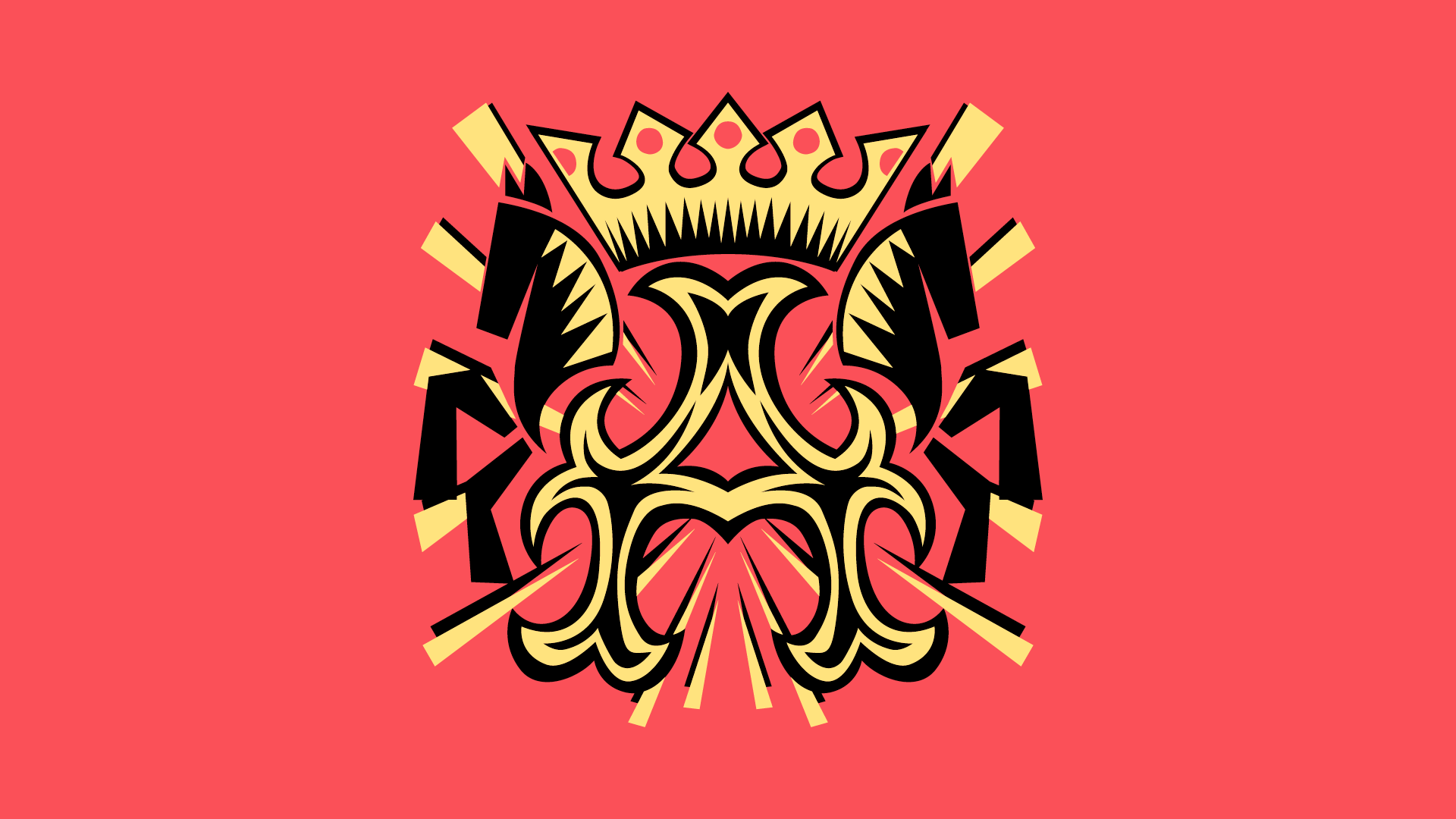

Alfredo il Grande
19 November 2023| Ora 15:30
| €15Dramma eroico in two acts by Andrea Leone Tottola
Music by Gaetano Donizetti
First performance: Napoli, Real Teatro di San Carlo, 2nd July 1823
Critic edition by Edoardo Cavalli © Fondazione Teatro Donizetti
INTRODUCTION
For the #donizetti200 project, thanks to which each edition of the Festival presents an opera composed by Gaetano Donizetti in the same year but two centuries earlier, Alfredo il Grande will be staged for the first time in modern times. With this heroic melodrama, in 1823, 26-year-old Donizetti made his debut at the Real Teatro di San Carlo in Naples, at that time the most important opera venue in Italy. The libretto by Abbot Andrea Leone Tottola – ‘dramatic poet of the Royal theatres’ who had already written the librettos of many titles by Rossini – follows the one written with the same title in Rome, five years earlier, by Bartolomeo Merelli for Johann Simon Mayr, Donizetti’s beloved maestro. With this subject, Donizetti thus measured himself directly against his Pygmalion.
The opera debuted at the Teatro San Carlo on 2 July 1823, starring the celebrated baritenor from Bergamo, Andrea Nozzari, a milestone of the Neapolitan company and a regular interpreter of Rossini’s most complex roles. The premiere also featured other famous singers, such as soprano Elisabetta Ferron, mezzo-soprano Teresa Cecconi, and basses Bartolomeo Botticelli and Michele Benedetti. However, despite the prestige of the company, the opera was not a success and was not repeated, partly due to an extremely improbable libretto. Donizetti was discouraged: “I speak frankly (whatever will be will be), I do not know how to do more,” as he wrote to Mayr before the premiere. As we know, Donizetti knew how to do much more and, in fact, did it. Yet, the Donizetti Opera Festival will offer Alfredo il Grande, on its bicentenary, an appeal trial, as we are sure that there is no work by Donizetti that does not contain at least a spark of his genius.
PLOT
Athelney Island, ninth-century England, during the Danish invasion. Queen Amalia, accompanied by General Eduardo and disguised as a peasant girl, is desperately searching for her husband, King Alfredo, who has gone into hiding in the countryside to escape the invaders who are hunting him. Guglielmo, a peasant, offers to shelter them but is not aware that the two fugitives are being followed closely by the Danish General Atkins. In Guglielmo’s humble hut, Amalia finds Alfredo, but their jubilation does not last long. Atkins has followed them, located their hiding place, and shows up disguised as an Englishman to Alfredo to warn him that the Danes have discovered his hiding place. So, Guglielmo helps his guests flee through a secret passage that they traverse on all fours but, back in the open countryside, Alfredo and Amalia are surprised and captured by Atkins and the Danes. In the meantime, however, Eduardo has rallied the English troops, while Guglielmo rushes in with a band of armed shepherds and peasants. The two groups join forces against the invaders, who are clearly outnumbered. Alfredo is thus freed but, magnanimously, does not want to take advantage of his overwhelming superiority: so, he frees Atkins and his men and meets them on the battlefield.
A huge English army has gathered for the next battle. In Guglielmo’s tent, Alfredo and Amelia incite him to be heroic. Enrichetta and Margherita, two peasant girls, also anticipate the coming victory and the peace that will follow. Then, Alfredo’s soldiers, with the support of Guglielmo’s civilians in arms, win the battle. And yet the hero’s vicissitudes are not over: fleeing after the defeat of the stray Danish army, Atkins and his men run into Queen Amalia accompanied by Enrichetta and take them prisoner. Amalia is about to heroically stab herself with a dagger rather than follow her captor. But at that point Eduardo, sent by Alfredo to search for his wife together with Guglielmo, pours into the scene: the English hurl themselves at the Danish troop, disperse them, free Amalia, and take Atkins prisoner. The opera thus ends with everybody rejoicing: Alfredo and Amalia are reunited, the Danish invaders are repelled, and the people hail the king as the liberator of the country.
